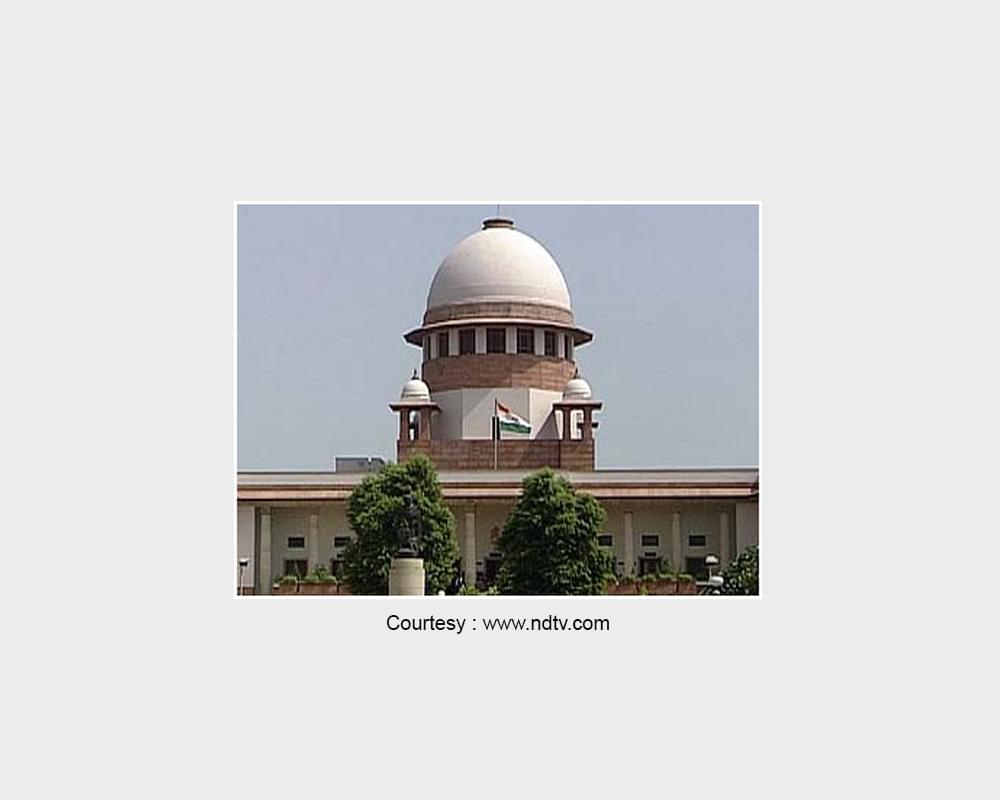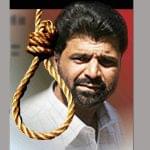More on Indian Minorities
SC Terms Shariat Courts “Of No Legal Sanction”

New Delhi:In one of the most significant ruling the Supreme Court today termed Shariat courts to have “to have no legal sanction” and left it on Muslims to either obey or reject a fatwa or diktat pronounced by them. The Imarat e Sharaih, DarulQaza and DarulIftaa run shariat courts to settle socio religious matters of the muslim communities. The court ruled on a petition by a Delhi-based advocate who challenged parallel religious courts run by institutions like the DarulQaza and Darul-Iftaa.
The highest court observed that no religion is allowed to curb anyone’s fundamental rights but added that the Shariat court can issue a fatwa only if approached willingly by aggrieved parties. The decision would also not be binding upon the parties legally.
The petitioner, VishwaLochan Madan, had argued that Shariat courts were illegal and influenced religious and social freedoms of Muslim community. He also advocated for fundamental rights of Muslims that should not be “controlled or restricted by fatwas issued by qazis or religious arbiters appointed by Muslim organizations”.
SC had earlier reserved its verdict in February, saying, “These were political-religious issues and cannot be decided by them. It is a matter of belief.”
Mr Madan had citied that the DarulQaza and Darul-Iftaa operate in nearly 60 districts in India with a sizeable Muslim population and issue fatwas in several matters curbing socio religious freedom on Muslims. He argued that a hearing in a matter of rape a Muslim girl was forced to leave her husband and live with her father-in-law who had allegedly raped her.
But the court said, “We will come to her rescue. You are assuming all fatwas are irrational. Some fatwas may be wise and may be for general good also. People in this country are wise enough. If two Muslims agree for mediation by the Shariat court, who can stay it? It is a blend of arbitration and mediation.”
The Muslim Personal Law Board on the other hand argued that if fatwas affect fundamental rights, people are free to approach the legal system of the country. The then UPA government had told the court that it will not interfere with the Muslim personal law unless it affects the fundamental rights of individuals.
